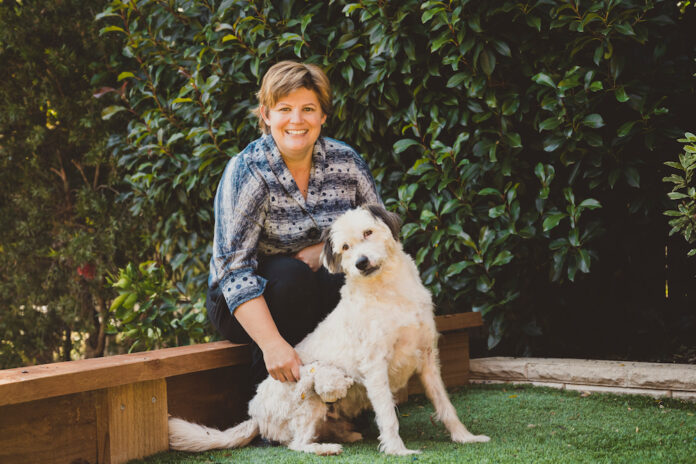During the first three months of working as veterinarian in Canberra, founder of ACT Pet Crisis Support, Dr Eloise Bright, had several animals surrendered to her care simply because people couldn’t afford the vet bills.
She founded ACT Pet Crisis Support in 2019, after recognising that adopting every sick animal wasn’t a sustainable solution.
The volunteer-run charity provides subsidised veterinary care for disadvantaged, low-income pet owners, and is dedicated to avoiding euthanasia on economic grounds by providing alternative options for the animal’s care.
A recent patient was a cat that had been stuck in a roller door. The owner was unemployed and couldn’t afford the vet bill.
“The owner couldn’t even afford to put petrol in his car, so he had to put the cat in a wheelbarrow and wheel it to the vet,” Dr Bright said.
“The cat survived and did really well, but it needed $900 worth of treatment, but it was way out of reach, so it was really great to be able to help.
“He really loved this cat; to lose this cat as well as everything else would have been devastating”.
Dr Eloise Bright is also the president of Pets and Positive Ageing (PAPA) which is an advocacy group to help older pet owners.
“It’s an issue that’s close to my heart because I think there is a lot of old people who are lonely, and they’re putting off having a pet, or they can’t afford to care for the pet they have,” she said.
“What we’re working on at the moment is a solution for people who go into hospital who need emergency boarding or foster care of their pets.”
Dr Bright said there isn’t a system currently in place that can alert people if there is a pet at home when someone has been taken to hospital. If there is no family around then there is no one to arrange care for the pet.
The charity is in the process of helping an elderly man who was living in his car in Goulburn with his blind and deaf cattle dog.
“The man ended up in hospital and organised the dog to go to the RSPCA emergency boarding, but he was in hospital for four months,” Dr Bright said.
“We find that with older people’s pets, because they don’t get out much, they’re not suited to kennels or boarding.
“They couldn’t discharge the man from hospital because he had no where to live, and he refused to go into temporary accommodation because they wouldn’t take the dog.”
Alongside Dr Bright’s charity work, she also works one day a week at the RSPCA, and at Belconnen Animal Hospital, while raising her family of two young boys.
“All of my passions are with the charity and Pets and Positive Ageing. It’s my hobby and my downtime,” she said.
Dr Bright’s one piece of advice to any pet owner who can afford $50 a month is to get pet insurance.
“There’s a lot we can do for animals, so we can take them for an MRI, they can have CT scans, there’s amazing surgeries we can do. There’s 24-hour vet clinics, but all of these things cost a lot of money, and it’s something people don’t necessarily think about or budget for when they get a pet,” she said.
“With pet insurance you will use it, you will need it, and it will pay for itself as soon as you need to do anything.
“So, if you had a dog like mine that needed to have knee surgery, you could pay anywhere from $2,000 up to $5,000 for surgery, which is a lot of money, but pet insurance is $50 a month.”
For more community:








